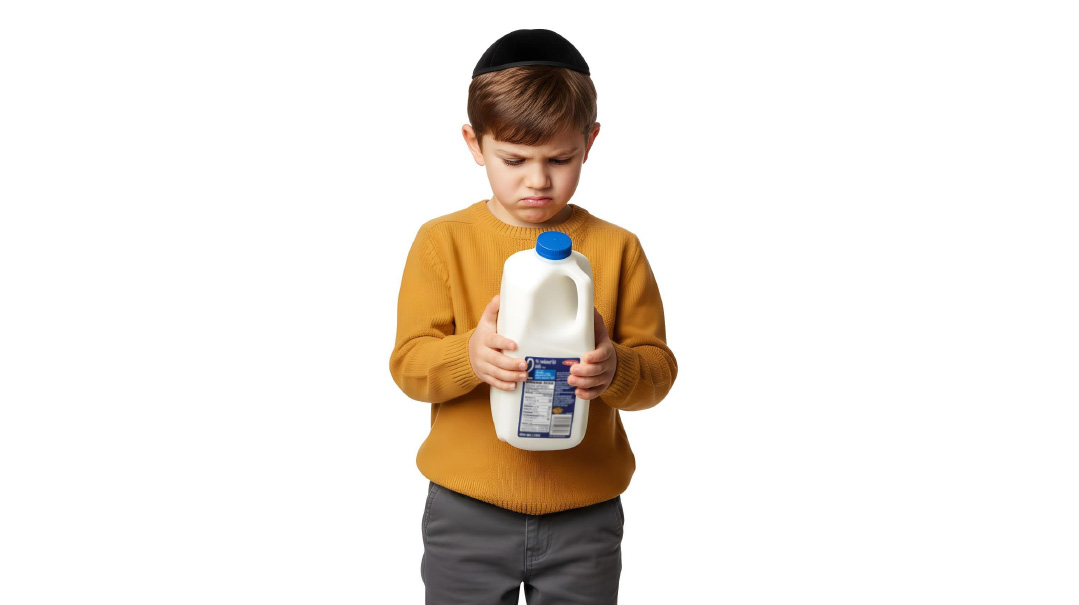Freilechen Purim


Purim meant our annual foray into Brooklyn to meet up with my mother’s extended family. After a morning full of grogger swinging and shalach manos deliveries, we packed into the station wagon, carefully crafted costumes coming undone, and headed toward Avenue J.
The smell of stuffed cabbage meant we were right outside Aunt Vali’s house.
Vali hosted the Purim party every year. She was my mother’s aunt, her mother’s sister. My grandmother was one of ten children, seven of whom survived the war. Her father had passed away when she was a child, leaving her mother, Bubba Chana, alone with eight unmarried children.
When rumors of war began to swirl around their Hungarian hamlet, Bubba Chana went to the Rebbe for advice and was told to get her children out of the country in whatever way she could.
While the neighbors looked on, smirking at what they perceived to be her paranoia, Uncle Ari got to Israel on a legal visa, and Uncle Lemme and Uncle Rumek left to the US on signed affidavits from Uncle Emil in Fargo, North Dakota. For my grandmother and Aunt Vali, Bubba Chana managed to procure authentic non-Jewish ID papers that enabled them to go into hiding and then on to freedom.
When the neighbors were eventually taken to Auschwitz, along with Bubba Chana and another daughter, Faiga, who refused to leave her, they were no longer laughing at her.
After escaping the war-torn continent, most of Bubba Chana’s children found their way to New York, married, and settled down. It was there, in New York, that my grandmother met her husband, my zeidy, who’d come to America after the First World War.
By the time I came onto the scene, the extended family had grown so large that we spilled out of Aunt Vali’s small apartment. But no one wanted to leave the warmth and familiar comfort of the house on Avenue J for a bigger venue.
Every year, upon our arrival, we’d shyly make our way into the tiny brownstone. But after five awkward minutes, we’d renewed bonds with our cousins and set about shaping memories. We would run up and down the wooden floors, enjoying the magic of having so many blood relatives, even if we barely knew each other. We’d have a grand time, and even our wild shenanigans wouldn’t diminish the joyous mood and excitement.
We always stayed with our parents in the dining room, enjoying the delicious, heimish fare, while the older generation — my grandmother and her siblings — sat in the living room behind closed doors.
I didn’t know what they discussed; as a young child, I didn’t think about it too much as I played hide-and-go-seek with new-old friends and slurped spoonfuls of chicken soup.
(Excerpted from Family First, Issue 634)
Oops! We could not locate your form.













